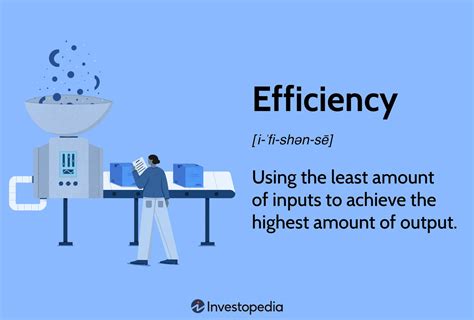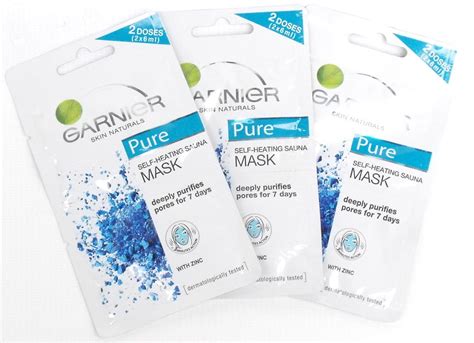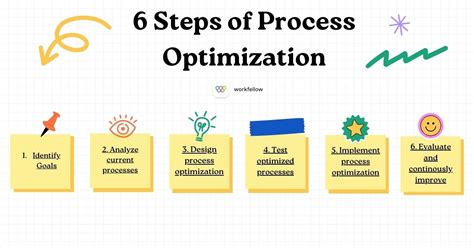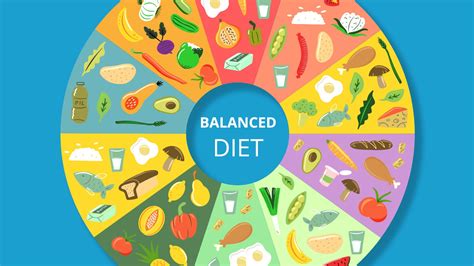Diet for peak male performance: How to naturally optimize testosterone?
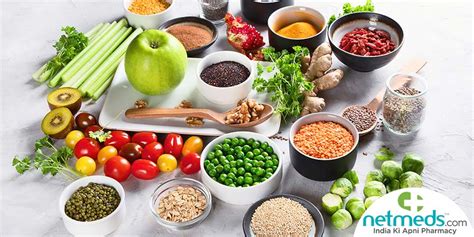
Understanding Testosterone’s Role in Male Performance
Testosterone, the primary male sex hormone, plays a critical role far beyond just libido. It influences muscle mass, bone density, fat distribution, red blood cell production, and even mood and energy levels. Optimal testosterone levels are fundamental for peak physical and mental performance, as well as overall male vitality. While age naturally brings a gradual decline in testosterone, many factors, especially diet and lifestyle, significantly impact its production and regulation.

Key Nutrients for Testosterone Optimization
Nourishing your body with specific vitamins and minerals is paramount for testosterone synthesis. Deficiencies in these key players can directly impede hormone production:
- Vitamin D: Often referred to as a “pro-hormone,” Vitamin D is crucial for testosterone production. Studies show a direct correlation between adequate Vitamin D levels and higher testosterone. Sun exposure is a primary source, but dietary intake and supplementation are often necessary.
- Zinc: An essential mineral involved in over 300 enzymatic reactions in the body, zinc is vital for maintaining healthy testosterone levels. It prevents the conversion of testosterone into estrogen.
- Magnesium: This mineral plays a role in numerous bodily functions, including muscle function, nerve function, and energy production. Research indicates that magnesium supplementation can increase free and total testosterone levels, especially when combined with exercise.
- Healthy Fats: Cholesterol, a type of fat, is a precursor to testosterone. Consuming adequate amounts of healthy fats, particularly monounsaturated and polyunsaturated fats, is essential for hormone production.
Foods to Embrace for Enhanced Testosterone
Building a diet around whole, nutrient-dense foods is the cornerstone of natural testosterone optimization. Here are some examples:
- Fatty Fish (Salmon, Mackerel, Tuna): Rich in Vitamin D and Omega-3 fatty acids, these fish support hormonal health and reduce inflammation.
- Eggs: The yolk is a powerhouse, providing healthy cholesterol, Vitamin D, and selenium – all beneficial for testosterone.
- Oysters: Arguably the best dietary source of zinc, oysters are a classic aphrodisiac with real hormonal benefits.
- Leafy Green Vegetables (Spinach, Kale, Swiss Chard): Excellent sources of magnesium and other vital micronutrients.
- Berries and Citrus Fruits: Packed with antioxidants and Vitamin C, which help reduce oxidative stress and cortisol (a hormone that can lower testosterone).
- Cruciferous Vegetables (Broccoli, Cauliflower, Cabbage): Contain compounds like indole-3-carbinol, which can help metabolize excess estrogen, thereby potentially allowing testosterone levels to rise.
- Nuts and Seeds (Almonds, Walnuts, Pumpkin Seeds): Provide healthy fats, zinc, magnesium, and vitamin E, all contributing to hormonal balance.
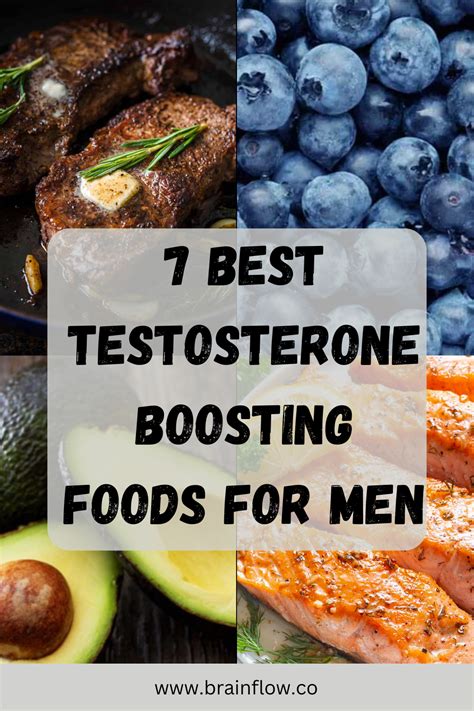
Macronutrient Balance and Hormonal Impact
Beyond specific micronutrients, the overall balance of macronutrients (proteins, carbohydrates, and fats) significantly impacts testosterone. Severely restricting any macronutrient, especially healthy fats or carbohydrates, can negatively affect hormone production. A balanced approach typically involves:
- Adequate Protein: Essential for muscle repair and growth, protein intake should be sufficient but not excessive, as very high protein with low fat/carbs can sometimes lower testosterone. Aim for lean sources like chicken, turkey, and legumes.
- Complex Carbohydrates: Provide energy for workouts and overall bodily functions. Whole grains, fruits, and vegetables are preferable to refined carbs. Studies show that low-carb diets, while effective for weight loss, can sometimes reduce free testosterone levels in active men.
- Healthy Fats: As mentioned, healthy fats are crucial. Include sources like avocados, olive oil, nuts, seeds, and fatty fish in your diet. Aim for around 20-30% of your daily calories from healthy fats.
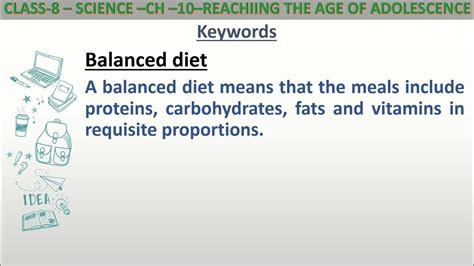
Foods and Habits to Limit or Avoid
Just as some foods boost testosterone, others can hinder it. Be mindful of:
- Highly Processed Foods and Refined Sugars: These contribute to inflammation, weight gain, and insulin resistance, all of which can negatively impact testosterone.
- Excessive Alcohol: Chronic heavy alcohol consumption is known to disrupt hormone balance and can lower testosterone levels.
- Trans Fats and Fried Foods: These unhealthy fats can lead to inflammation and impair overall health, including hormonal function.
- Soy Products (in excess): While fermented soy in moderation is generally fine, some research suggests that high intake of unfermented soy products may have estrogenic effects due to phytoestrogens, potentially impacting testosterone. More research is needed here, but moderation is key.
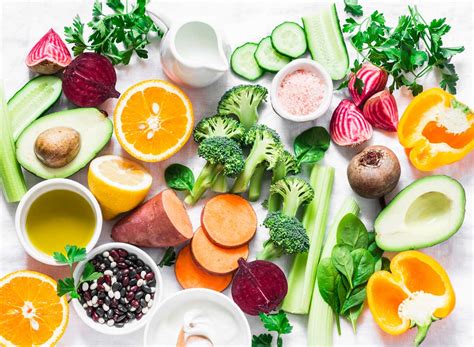
Beyond Diet: Lifestyle Factors for Holistic Optimization
While diet is central, remember that testosterone optimization is a holistic endeavor. Incorporating these lifestyle factors will amplify your dietary efforts:
- Prioritize Quality Sleep: Lack of sleep significantly impacts hormone production, including testosterone. Aim for 7-9 hours of quality sleep per night.
- Manage Stress: Chronic stress elevates cortisol, which can suppress testosterone. Practice stress-reduction techniques like meditation, yoga, or spending time in nature.
- Regular Exercise: Especially strength training and high-intensity interval training (HIIT), can naturally boost testosterone. Avoid overtraining, which can have the opposite effect.
- Maintain a Healthy Weight: Obesity, particularly abdominal fat, is strongly linked to lower testosterone levels due to increased aromatase activity (which converts testosterone to estrogen).
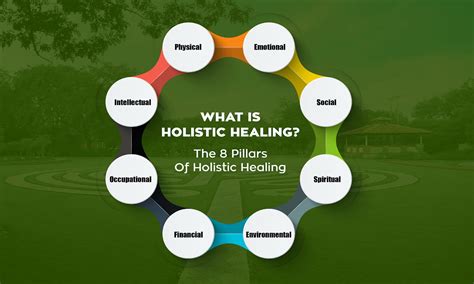
Conclusion
Optimizing testosterone naturally through diet is a powerful strategy for men seeking to enhance performance, vitality, and overall health. By focusing on nutrient-dense whole foods rich in Vitamin D, zinc, magnesium, and healthy fats, while limiting processed items and unhealthy habits, you can create an optimal internal environment for hormone production. Combine these dietary strategies with adequate sleep, stress management, and regular exercise for a comprehensive approach to achieving peak male performance and robust well-being.

